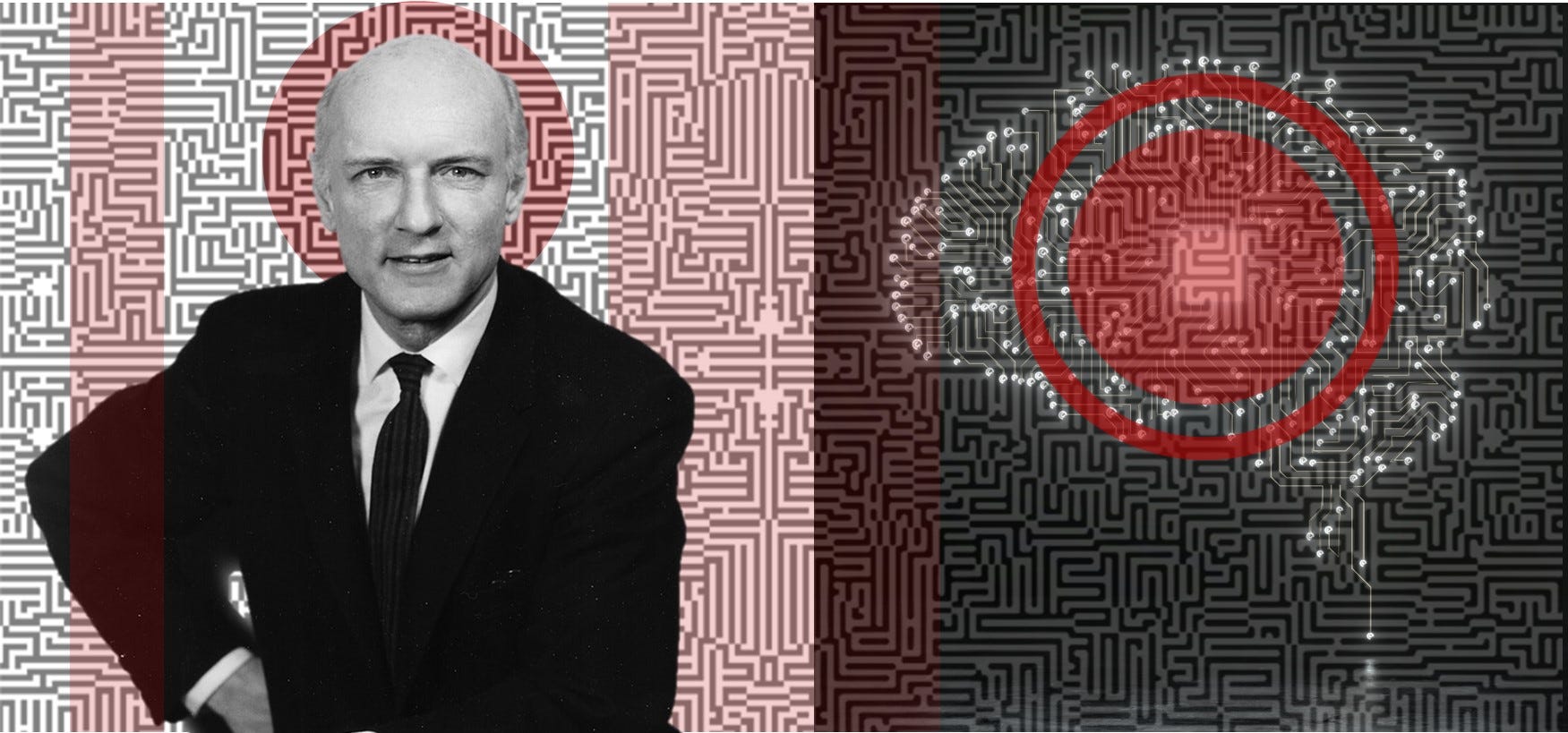Hello Interactors,
Another year of Interplace has ended. Thanks to all for tuning in to my journey. And thanks to Substack’s recommendation engine, Interplace has seen explosive growth this year! In the coming year I will continue to seek understanding the intersection of human behavior, land use, environmental impact, and the economic levers that control them. I will look at how the interaction of both people and place makes them better and worse, richer and poorer, and sicker and healthier — as the complexities of nature play their part.
For those more inclined to video watching than reading or listening, I’ve included a two-minute year-end highlight video of the most read and played posts from each season. This is another content form I hope to experiment more with in the coming year.
As interactors, you’re special individuals self-selected to be a part of an evolutionary journey. You’re also members of an attentive community so I welcome your participation.
Please leave your comments below or email me directly.
Now let’s go…
WINTER : HUMAN BEHAVIOR
WHAT TO DO WITH EILEEN GU
She's an athlete in a squeeze, American-Chinese, leaving many uneased
A winner.
A teacher.
A model.
American?
Chinese?
Many Americans, and American media, like to claim her as ‘ours’.
Is this just another form of ‘Orientalism?’
SPRING : CARTOGRAPHY
THE SYNAPTIC MAP OF THE CARTISIAN TRAP
We've been ruled by the ruler, but even a line is a curve. It's time we study broccoli
“The builders of the modern nation-state do not merely describe, observe, and map; they strive to shape a people and landscape that will fit their techniques of observation.”
American founding builders mapped a Cartesian plan that shaped people and place.
An idea from the 5th century BC Greek polymath Hippodamus — the ‘father of European urban planning’ and his grid plan of Piraeus.
Instead of Cartesian angles perhaps cities should be more like fractals.
SUMMER : ENVIRONMENT
A PLAYFUL PAST ALLOWS US TO LAST
An emerging science reveals the past and future of coupled natural–human systems
“What until now has passed for ‘civilization’ might in fact be nothing more than a gendered appropriation – by men, etching their claims in stone – of some earlier system of knowledge that had women at its centre.”
A “new history of humankind” unfolds as a “new science of history” promises to restore “our ancestors to their full humanity.”
“The answers are often unexpected, and suggest that the course of human history may be less set in stone, and more full of playful possibilities, than we tend to assume.”
FALL : ECONOMICS
THE FRENETIC, KINETIC CYBERNETICS OF ECONOMICS
How renowned physicists, economists, and mathematicians point a path toward solving hard problems in the soft sciences
“The hard sciences are successful because they deal with the soft problems; the soft sciences are struggling because they deal with the hard problems.”
Today economics is a soft science masquerading as a hard science.
It assumes a level of rationality that exists in the certainty of abstract linear mathematics, but not in the real-world uncertainty of complex nonlinear systems.
The influential British economist, John Maynard Keynes, embraced uncertainty but left little in the way of methods to account for it.
New approaches using elements of recursion and complexity science may hold clues to a path forward.







